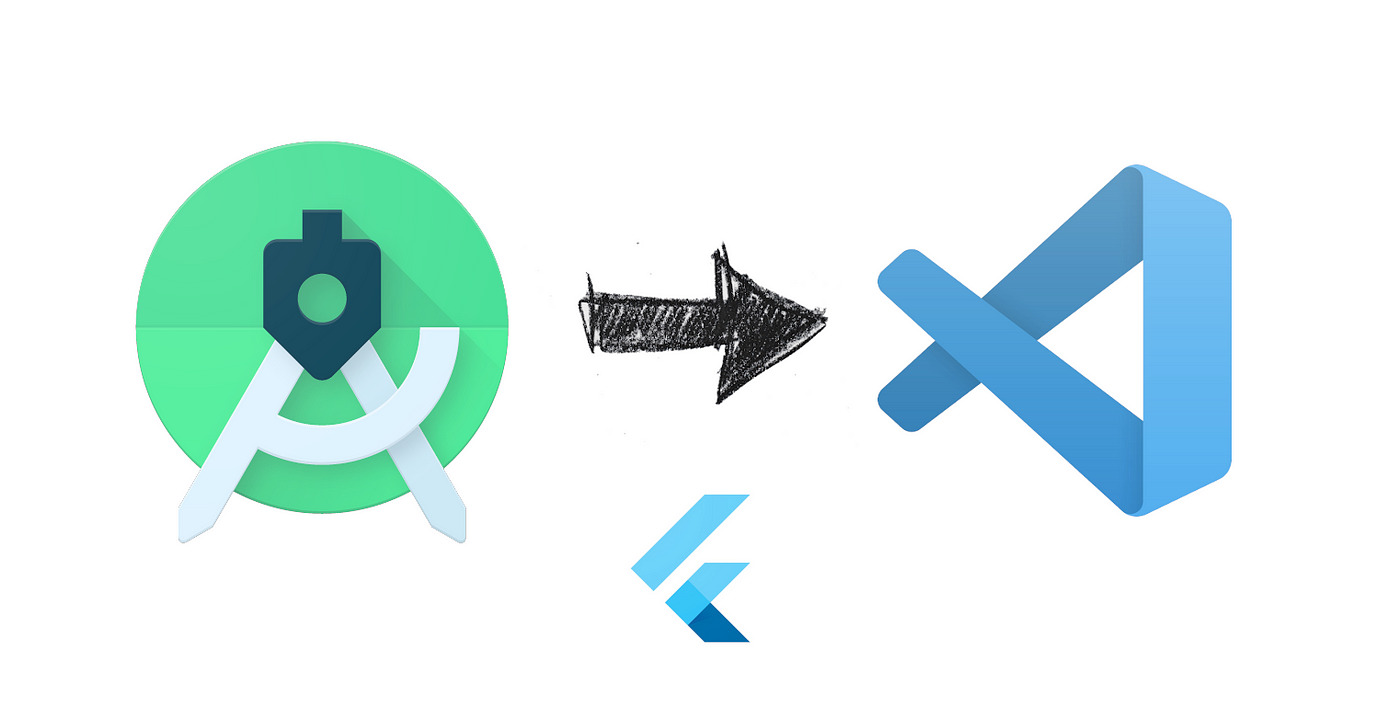
Introduction
Choosing the right Integrated Development Environment (IDE) can significantly impact productivity and the overall coding experience. Two popular IDEs for Android and Windows development are Android Studio and Visual Studio. Understanding their differences helps developers make informed decisions about which one best suits their needs.
Overview of Android Studio
What Is Android Studio?
Android Studio, created by Google, is the official IDE for Android app development. It offers a range of tools and features designed to streamline the development process, aiming to provide everything needed to create, test, debug, and deploy Android apps efficiently.
Key Features of Android Studio
- Intelligent Code Editor: Offers code completion, refactoring, and real-time code analysis.
- Code Templates: Helps quickly build common app features.
- Gradle Integration: Automates tasks like building, testing, and deploying apps.
User Interface and Usability
Android Studio's interface is sleek and modern, designed specifically for Android development. It features a drag-and-drop layout editor, making user interface design intuitive and efficient. The interface is highly customizable, allowing developers to tailor it to their preferences.
Pros and Cons
Pros:
- Built specifically for Android development.
- Fast and feature-rich emulator.
- Drag-and-drop layout editor.
- Quick testing of changes with Instant Run.
- Smart and context-aware code suggestions.
Cons:
- Requires a lot of RAM and CPU.
- Can be complex for beginners.
- Gradle builds can be slow.
Alternatives
- IntelliJ IDEA: Similar features, less resource-heavy.
- Visual Studio Code: Lightweight, with extensions for Android development.
- Xamarin: Good for cross-platform development.
Overview of Visual Studio
What Is Visual Studio?
Visual Studio, from Microsoft, supports a wide range of programming languages and platforms. It is widely used for developing Windows applications, web applications, and mobile applications. Visual Studio offers a comprehensive set of tools and features to create, test, debug, and deploy software applications efficiently.
Key Features of Visual Studio
- Extensive Language Support: Supports languages like C#, F#, JavaScript, and many others.
- Robust Debugging Tools: Includes debuggers, unit testing frameworks, and performance profiling tools.
- Project Templates: Helps quickly set up new projects.
- Integration with Azure Services: Allows easy deployment to the cloud.
User Interface and Usability
The user interface of Visual Studio is highly customizable and can be tailored to suit individual preferences. It includes various windows and panes that provide different views of your code, such as the Solution Explorer, Code Editor, and Debugging windows. The interface is intuitive but can be overwhelming for beginners due to its complexity.
Pros and Cons
Pros:
- Supports a wide range of programming languages.
- Includes powerful debuggers and testing frameworks.
- Easy deployment to the cloud with Azure services.
- Pre-configured project settings with templates.
- Highly customizable interface.
Cons:
- Requires significant system resources.
- Can be complex for beginners.
- Some versions require a subscription or purchase.
Alternatives
- Visual Studio Code (VS Code): Lightweight version with extensions for various languages and platforms.
- IntelliJ IDEA: Similar features but less resource-intensive.
- Eclipse: Highly customizable with plugins but less robust than Visual Studio.
Detailed Comparison
Code Editing
Android Studio’s Code Editor:
- Smart code completion, refactoring, and real-time code analysis.
- Includes code templates for quickly building common app features.
Visual Studio’s Code Editor:
- Offers code completion, refactoring, and debugging tools.
- Supports multiple languages and includes project templates for quick setup.
Debugging Tools
Android Studio’s Debugging Tools:
- Real-time profilers and built-in support for Google services like Firebase.
- Helps identify performance issues and optimize app performance.
Visual Studio’s Debugging Tools:
- Powerful debuggers and unit testing frameworks like MSTest and xUnit.
- Helps identify and fix bugs in applications.
Project Management
Android Studio’s Project Management:
- Integrates with Gradle, automating tasks like building, testing, and deploying apps.
- Simplifies managing project dependencies and build configurations.
Visual Studio’s Project Management:
- Uses MSBuild, a powerful but less flexible build system than Gradle.
- Includes project templates for quick setup.
Integration with Services
Android Studio’s Integration with Services:
- Built-in support for Google services like Firebase Analytics, Firebase Crashlytics, and Google Cloud Messaging (GCM).
- Easier to add analytics, crash reporting, and messaging capabilities to apps.
Visual Studio’s Integration with Services:
- Integration with Azure services for easy cloud deployment.
- Supports other Microsoft services like Azure DevOps for continuous integration and continuous deployment (CI/CD).
Recommendations
- For Android Developers: Android Studio is the go-to choice due to its specialized tools and integration with Google services.
- For Windows and Web Developers: Visual Studio offers extensive language support and robust debugging tools, making it an ideal choice.
- For Cross-Platform Development: Visual Studio Code (VS Code) with extensions for various languages and platforms can be a good alternative.
Understanding the strengths and weaknesses of each IDE helps developers choose the tool that best fits their project requirements, ultimately enhancing productivity and the coding experience.
